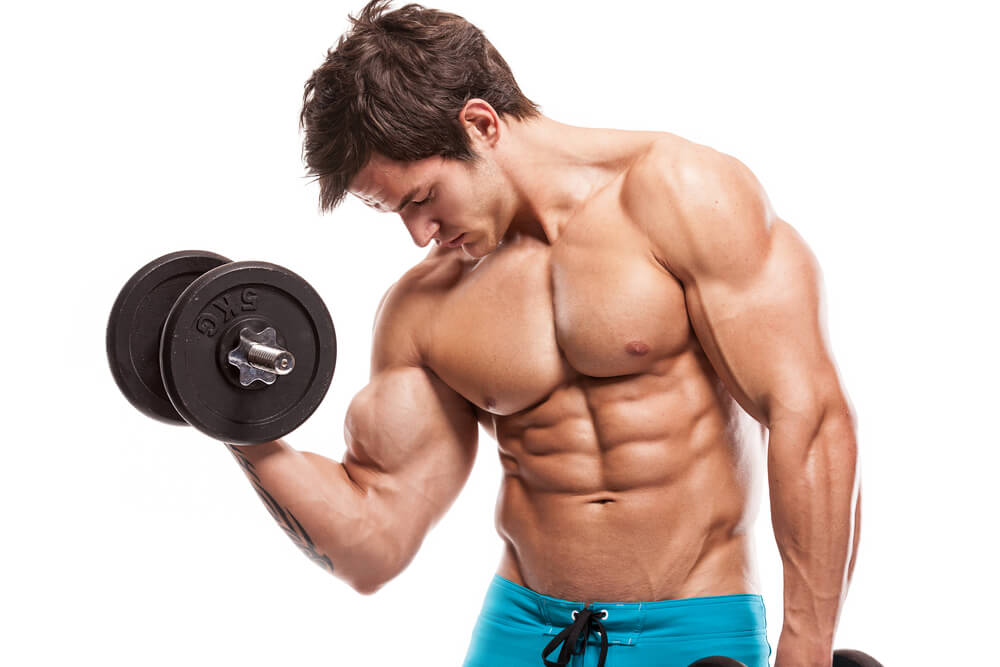
Circulation is important. How important? By the time you finish reading this introduction, 2.5 to 3 quarts of blood may have circulated throughout your body. This is How To Improve Circulation.
If you’re an athlete, and you happen to be reading and jogging at the same time, that number could boost up to 4 gallons in the same amount of time. That’s why it’s important to learn how to improve circulation.
We’re talking gallons of blood here.
Pour out four gallons of milk in 30 seconds, then imagine all of that being pumped through an organ that’s about 11 ounces or less. That’s a lot of traffic.
Human beings are basically self-sustaining vampires. It’s a great deal; you’re powered by blood, but you get all you need from your own body. Problems arise when your system isn’t pumping it efficiently, though. While we don’t get the super strength or the night vision, we do get the ability to improve our blood’s efficiency and feel better, look better, and live longer.
Oh, and we can eat all of the garlic we want, and garlic’s good for circulation. Take that, Dracula.
Poor Circulation Top 3 Reasons
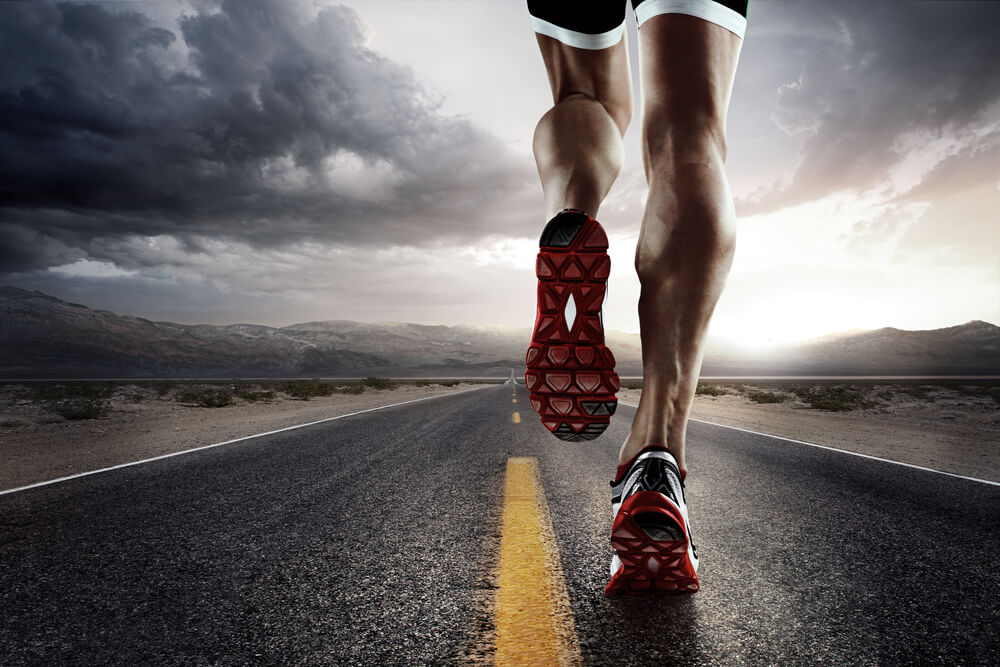
#1 No Activity
It’s the most common one there is. If you aren’t moving your body enough during your work out schedule, then you aren’t working the muscles responsible for pushing blood through it. Instead, you put all of the responsibility on your heart, which has to work extra hard to get blood through your system. That’s your blood pressure, reminding you that things aren’t working like they should. A lack of circulation can manifest in many different ways, including:
- Erectile dysfunction.
- Difficulty focusing.
- Cloudy memory.
- Headaches or neck tension.
- Reduced sensation in your limbs.
- Difficulty warming up.
- Getting flushed during light activity or nearly fainting.
- Feeling out of breath constantly.
It all boils down to your body’s inability to pump oxygen around through your blood and to circulate it to the organs and muscle building that need it the most. Being active can combat this immensely, but it’s not the only thing.
#2 Overweight
Not everyone who’s overweight has dangerously high or low blood pressure, but there are links between the two of them. The more weight that you carry, the more blood your body needs to pump to perform simple motor actions like lifting your arm, walking, or getting out of bed. Everything is that much harder, and requires that much more oxygen to accomplish without putting any of your organs in the danger zone.
If you’re even slightly overweight, it may affect your circulation, but with cardiovascular exercise, and supplements like nitric oxide, you can actually work to combat the ill effects of body fat while you’re exercising hard to burn it off. Improving your circulation gives you the one-two punch of having more stamina to lose weight, and greater metabolism to keep burning it while you sleep.
The sleep thing in particular, is important, too: You’ll end up losing an immense amount of calories during your rest periods as your body recharges after each exercise. If you’ve ever looked at the amount of calories you burn from something as strenuous as biking for a few miles and thought it just wasn’t worth the effort, think again; your resting caloric burn rate could be enough to slim you down before you know it, as long as you’re putting in both the right work and the right type of calories.
As far as your circulation is concerned, learning how to lose lower belly fat and body fat in general, is going to be an easy win for improving your blood pressure and reducing the strain on your heart, so that your body can pump blood more freely. In fact, focusing on leg strength building exercises, like squats and leg presses, actually works to build the circulatory power in the legs and thighs, which have some of the biggest and longest cardiovascular networks in the body.

#3 Cardiovascular Restriction & Poor Habits
Caffeine
A great tool for exercise, caffeine can give your gym workouts focus and explosive power when you need it, all from a little cup of bean juice. It’s great when you’re properly hydrated and can be many of the top fat burners, but if you aren’t drinking enough water, caffeine can actually restrict your blood vessels, which means that you won’t have free and easy travel of oxygen to muscles.
What does that mean?
Drinking a cup of coffee could actually make you tired, which seems counter intuitive, but is nevertheless true.
If you’re over-caffeinated and seeing signs of dehydration you’re likely to experience headaches from restriction to the head and neck, nausea from restriction to the stomach, and even dizzy spells and fainting in more extreme cases where the heart sends out warning signals that there’s not enough oxygen to go around even though it’s beating its fastest to make up for the difference.
Nicotine & Cigarettes
You already know smoking is bad for your health. If you don’t know by now, then you’ve been ignoring all of the advertising, the educational campaigns, the warning labels on the pack, and the people that cough way too loud while standing next to you at a bus stop or just on the street. They want to get your attention to point out that smoking smells bad and they don’t want to smell it, but they’re also a reminder that smoking is just straight up killing your cardio.
It’s not just the cigarette smoke itself that does the damage, though. Nicotine can and has been used in very select medicinal applications in relation to cardiovascular treatment, similar to caffeine, but in general use it is one of the more common and least helpful restrictors in a person’s easy diet plan. If you’re a smoker, then you’re likely already killing any progress that you make during your cardio days every time that you light up. Not only are you building up what is essentially a wasteland of toxins that your lungs have to fight against to even get oxygen into your blood, but you’re even damaging the simple mechanisms of clear and easy breathing through the nose and throat.
On top of all of this, the restrictions to your circulation are going to kill the recovery periods after your workouts.
If you’ve ever had oral surgery, and had the dentist recommend that you not smoke afterward, that’s exactly one of the reasons why; smoke makes it harder for your body to heal, period. And the more there is to heal, the more blood is necessary to do the work. More blood means more burden on your cardio, and more burden means less resources for other tasks that are important, like just general organ function and muscle activity.
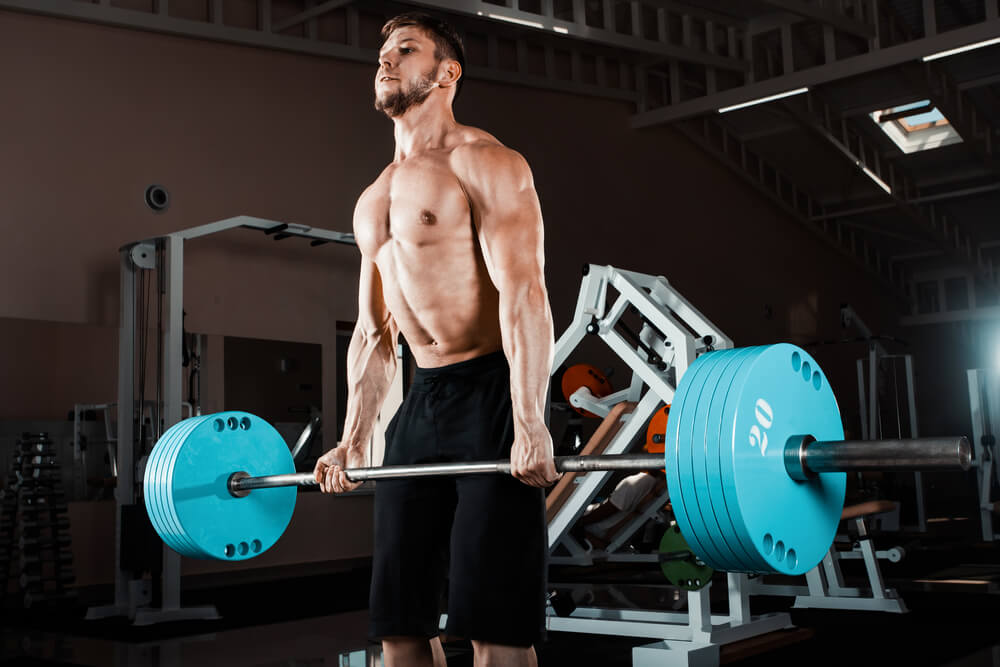
Top 3 Things That Aren’t Killing Your Circulation:
- Age
- Years alive.
- Time spent on Earth.
Terry
Latest posts by Terry (see all)
- How Important Are Net Carbs For Building Huge Muscle? - Apr 28, 2017
- The Matt Damon Workout Explained - Apr 27, 2017
- Watercress – Benefits And The Best Way To Consume It - Apr 26, 2017

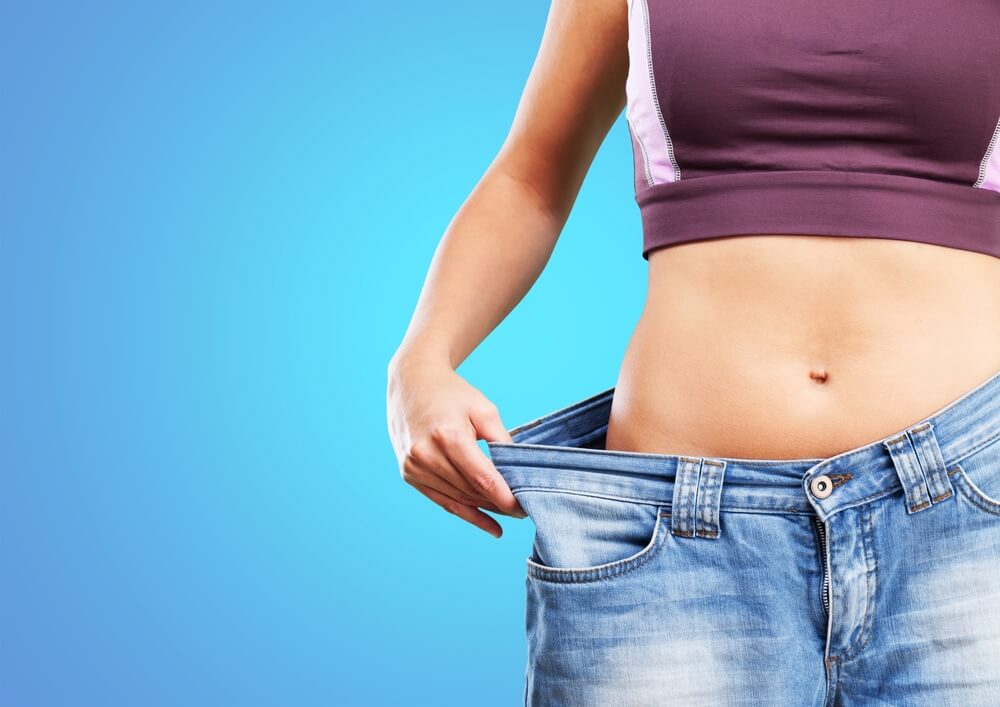


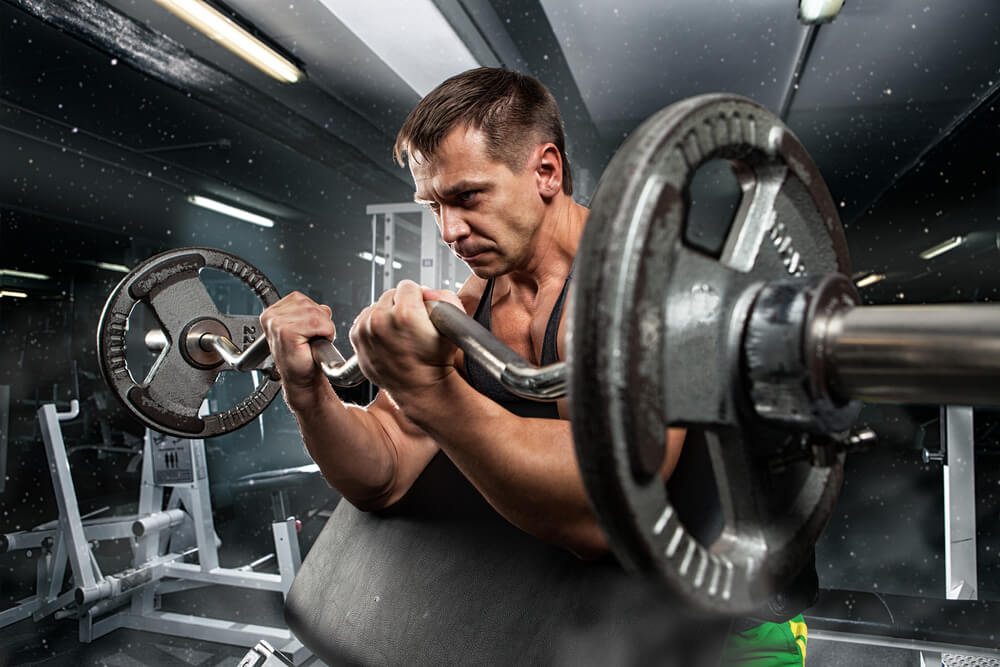





[…] cardio is a must. Heart health is no joke. It helps you in so many ways. One health problem can lead to so many others. Make sure […]
[…] How To Improve Circulation & Dominate Your Workouts – Circulation is important. How important? By the time you finish reading this introduction, 2.5 to 3 quarts of blood may have circulated throughout your body. This is How To Improve Circulation … to cardiovascular … […]
[…] that this ingredient helps in improving the production of sex hormones of your body and it also opens the blood vessels which help in much better erections.Selenium: this ingredient is responsible for improvement in […]
[…] of the most important benefits of stretching is that it improves blood circulation throughout the body. When you start moving your muscles more intensely, they require more oxygen […]
[…] should literally begin by taking small steps. Walks are a great way to promote blood circulation and speed up the recovery process. You can also do some light stretches without putting too much […]
[…] should literally begin by taking small steps. Walks are a great way to promote blood circulation and speed up the recovery process. You can also do some light stretches without putting too much […]
[…] should literally begin by taking small steps. Walks are a great way to promote blood circulation and speed up the recovery process. You can also do some light stretches without putting too much […]